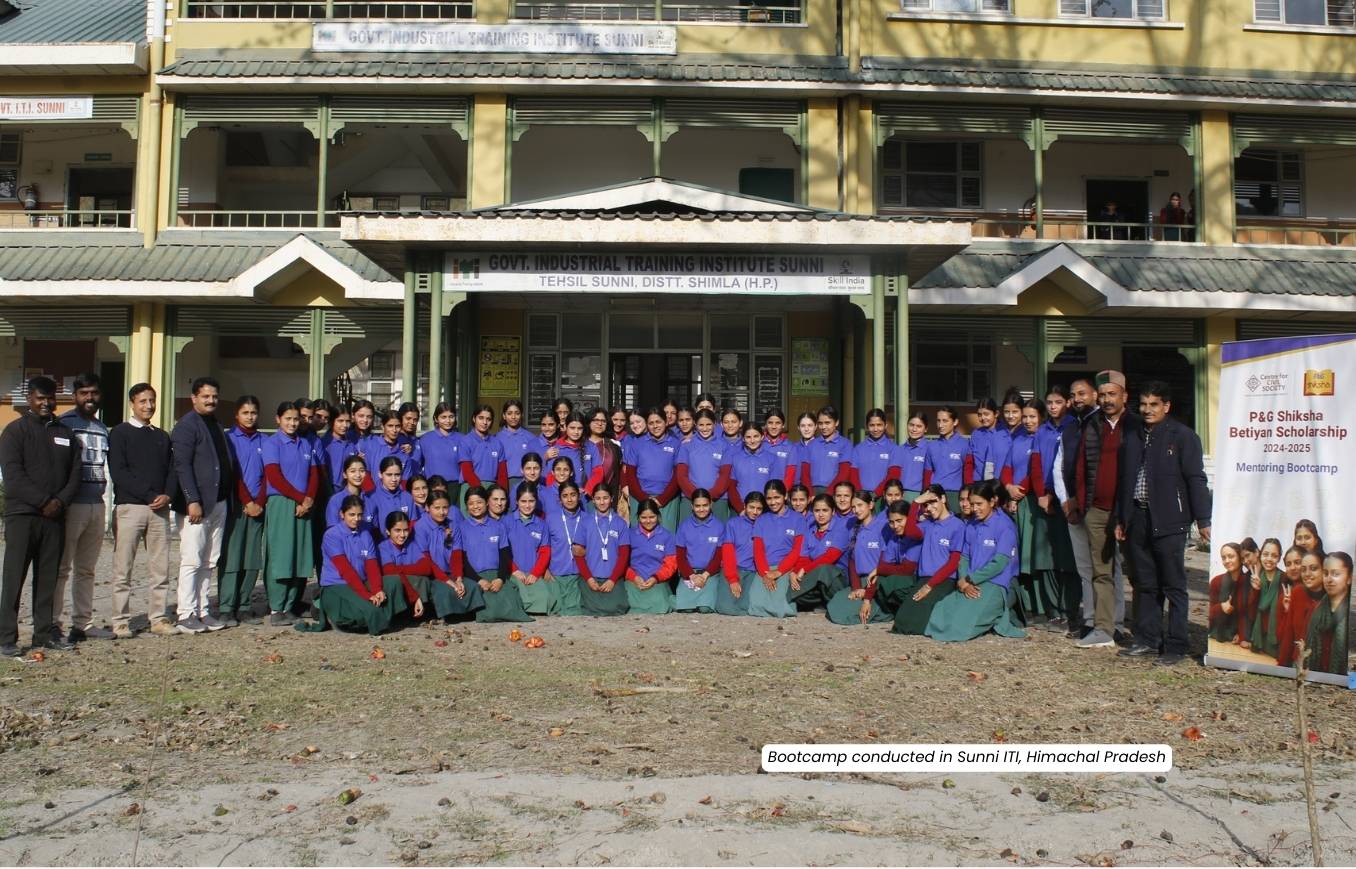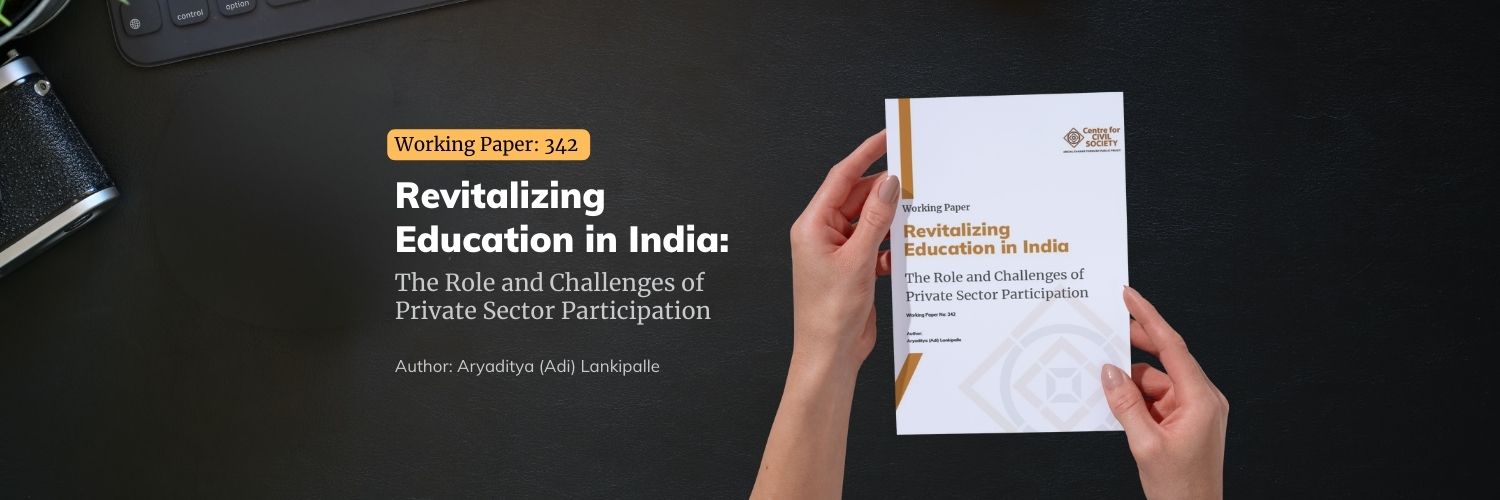The Indian growth story of rising incomes, increased wealth, more freedoms, and higher aspirations has not been the reality for many citizens of Bharat. Sharad Joshi, an economist and former Rajya Sabha Member from Maharashtra, noted this dichotomy in the way the urban residents of India and the rural residents of Bharat were treated. At its core, while the government treats its urban, nonagricultural population as rational economic actors capable of making decisions about their economic lives, it treats its agricultural population as incapable of doing so. This approach has left farmers desperately poor and debt-ridden
This protective attitude is amplified when dealing with the international trade of agricultural produce. Because of India’s past as a food-insecure country, various laws that restricted trade and storage were adopted. These policies hurt India’s image as a reliable trade partner and limited investment in postharvest facilities. In addition, market interventions like Minimum Support Prices(MSP) that incentivise production of wheat and paddy mean that most of India’s produce is low-value. As a result, India’s agricultural supply chains are not well linked to international markets and the goods exported are not remunerative.
This policy brief studies the historical motivations for India’s trade policy, the current state of agricultural trade, and the legal hurdles to a more open trade environment. It then suggests a series of reforms that would have significant long-term benefits to India’s farmers

P&G Betiyan Scholarship 2024-25
P&G Betiyan Scholarship Program, launched in collaboration with the Centre for Civil Society in 2021-22, is focused on addressing the gender gap in STEM education (Science, Technology, Engineer


